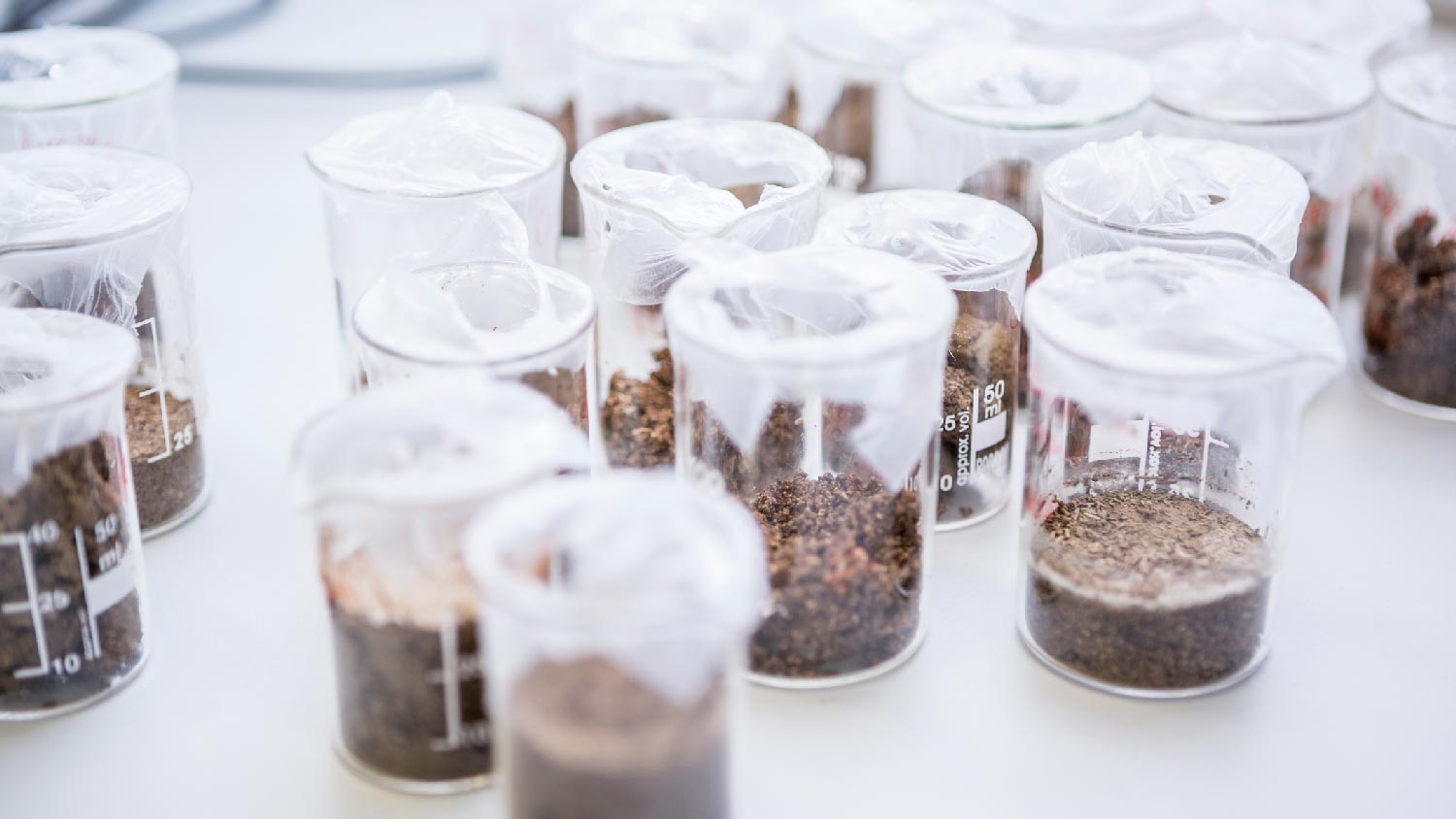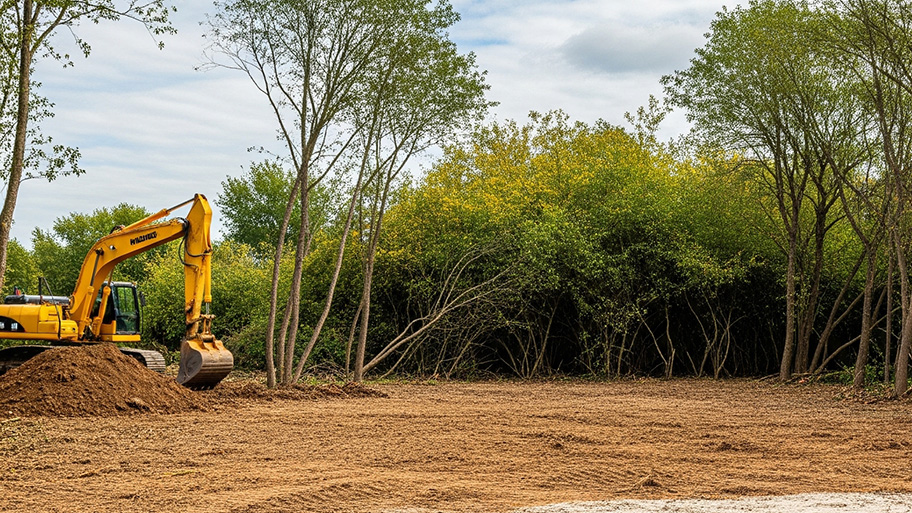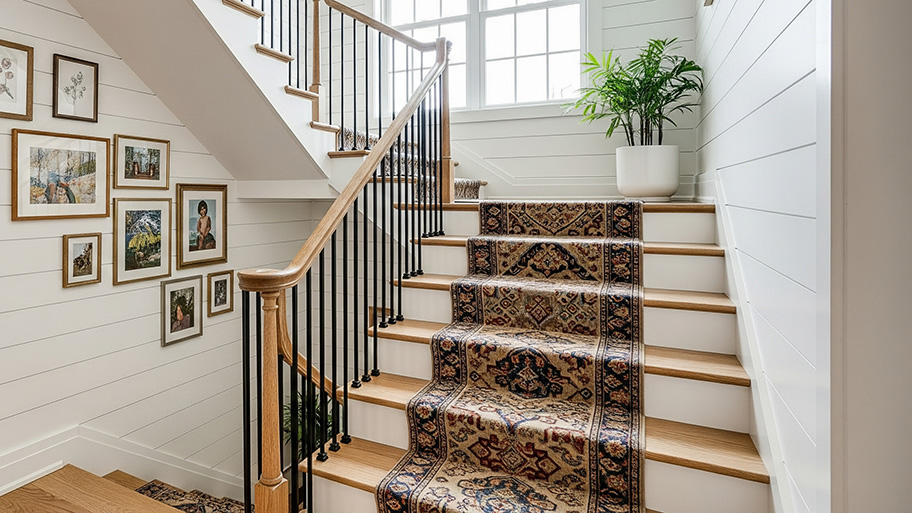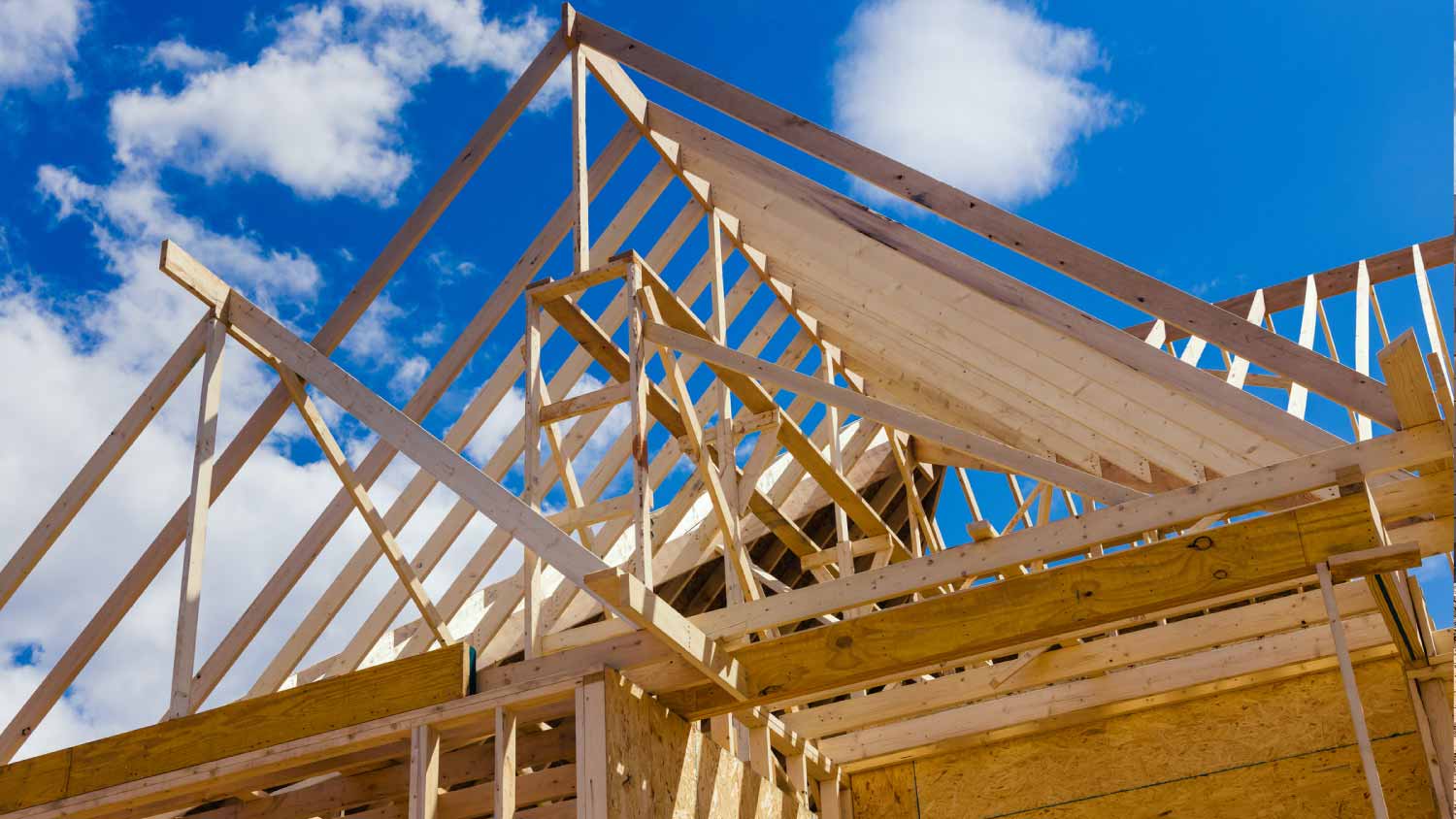
Most building projects and septic installations require soil testing to ensure proper drainage. Learn how much a perc test costs and what affects costs.
Perfect for digging up info on your soil


Soil testing gives you information about your soil’s composition, quality, health, and drainage.
You’ll need soil testing before building new construction, but other than that, it’s more often optional.
Soil testing costs around $1,400, on average, but prices can range from $220 up to $4,000.
Whether you’re carrying out a construction project like a home addition or new home build or are planning on putting in vegetable gardens, you might be wondering if you need a soil test. First, it’s helpful to understand what soil testing is and what information it can give you. In this article, we’ll explain what soil testing is, when you should order a test, and how much you can expect to spend.
Soil testing refers to any kind of diagnostic you carry out on your soil. There are many types of soil tests that give you different information about your soil, from the makeup and stability to nutrient and contaminant levels. Regardless of the test, the process often involves taking a sample of soil from your yard and analyzing it in a lab setting. There are also DIY soil test kits you can buy that let you forgo the lab and instead test your soil for nutrients or contaminants right at home.
In most cases, yes, you need to hire a local soil tester to test your soil before building. Testing before construction will tell you the makeup of your soil, which can affect how the ground will react to the weight of your structure and can inform how your contractor lays the foundation. Pre-construction soil tests can also give you insights into drainage on your land that influences construction.
The bottom line: if you’re planning new construction, it might be time to get a soil test.

You may need or want to order soil testing if you’re carrying out any of the following projects.
Building new construction: A composition test can tell you what kind of soil you have and how it will handle building loads.
Installing garden beds: Nutrient testing can help ensure you have healthy soil for your plants.
Preparing for lawn fertilization or aeration: Nutrient testing and oxygen tests can help you decide what amendments your lawn needs for healthy growth.
If you believe your underground oil tank is leaking: A contaminant test will determine if you need to carry out an oil cleanup and replace or remove your underground tank.
If you’re concerned about a septic tank leak: A contaminant test will determine if you need to repair your septic tank and perform a cleanup.
If you’re dealing with flooding on your property: A soil gravity test can help determine if you need a drainage system on your property.
Septic system installation or upgrade: A perc test is a legal requirement before installing or making changes to an existing septic system.
A soil test costs around $1,400 on average, but you could pay as little as $15 for a DIY kit that just tests nutrient levels or soil pH or as much as $4,000 for geotechnical soil testing to determine what load your ground can safely handle. A perc test costs around $1,300, on average.
It's important to ensure you have the right soil before starting your project. Hire a soil or geotechnical engineer to perform testing on your soil to make sure it's suitable for your construction.
The cost will depend partially on the type of professional who tests the soil, with geotechnical engineers costing the most.
There are many types of soil tests available, and the price will vary based mostly on which test you need.
| Soil Test | Average Price |
|---|---|
| Basic profile | $285 |
| Composition test | $640 |
| Fertility test | $175 |
| Geotechnical test | $3,000 |
| Gravity test | $65 |
| Nutrient testing | $110 |
| Oil tank test | $525 |
| Perc test | $1,300 |
| Single contaminant | $40 |
| Texture test | $55 |
From average costs to expert advice, get all the answers you need to get your job done.

Most building projects and septic installations require soil testing to ensure proper drainage. Learn how much a perc test costs and what affects costs.

Going from an undeveloped plot to your dream home can be expensive. Learn about the cost to develop land and what factors can affect your total.

Discover stair repair cost estimates, including average prices, key cost factors, and tips to help you budget for your stair repair project.

Medium-density fiberboard is a commonly used material for various carpentry projects. Learn more about medium-density fiberboard costs for projects and more.

Learn about the eight most common types of house framing, each with different pros and cons, ideal locations, and costs, to determine the best one for your build.

Contractors expect you to get multiple quotes and know they won’t win your business every time. If you’re wondering how to tell a contractor you went with someone else, an honest and kind approach is key. We’ll cover what to do (and say) here.